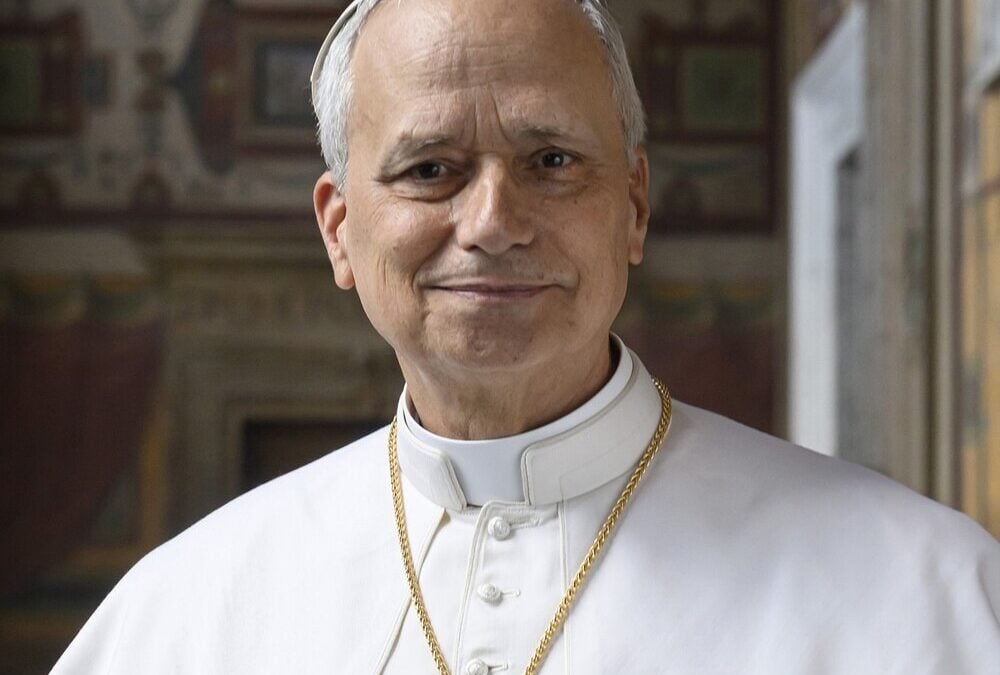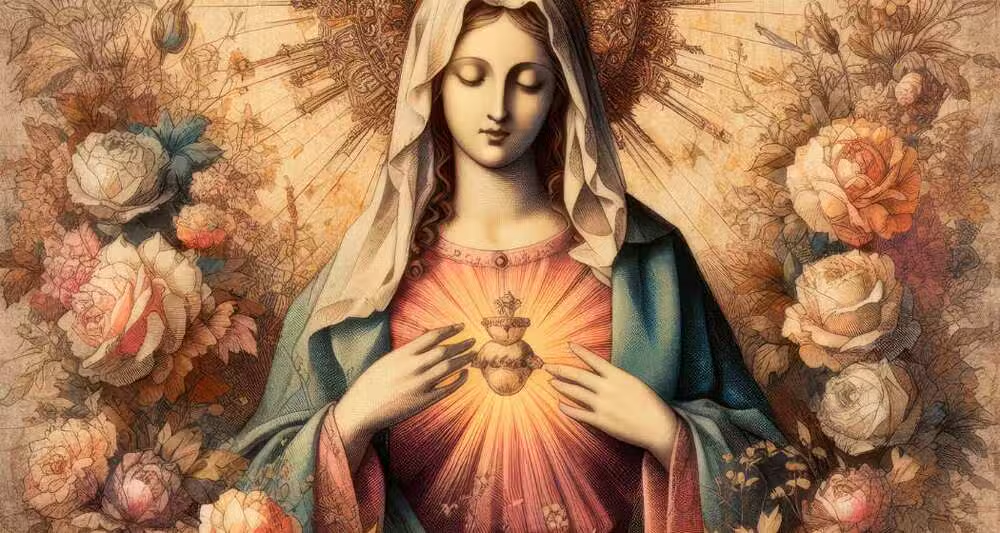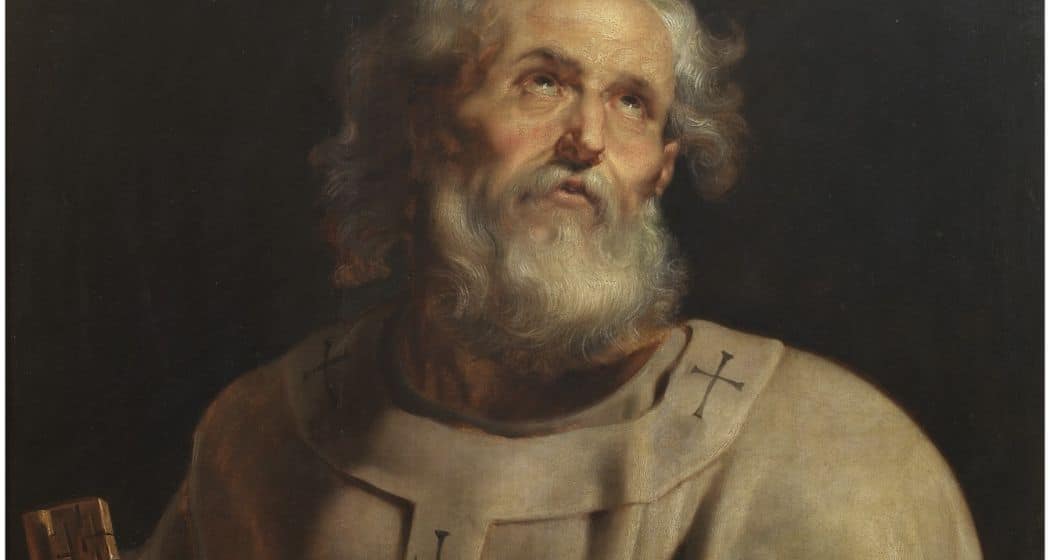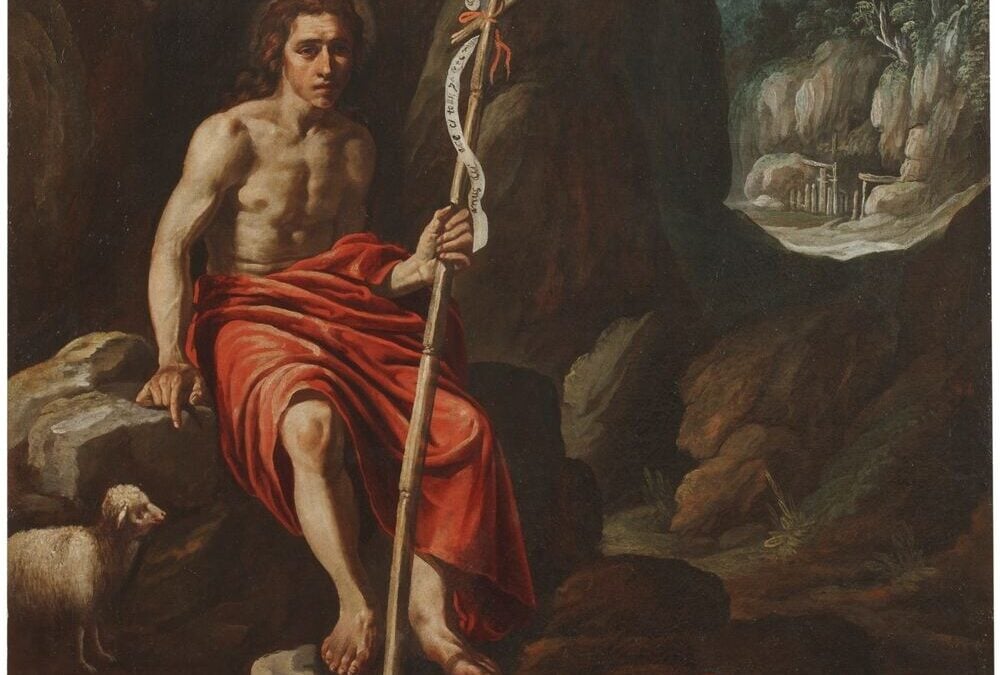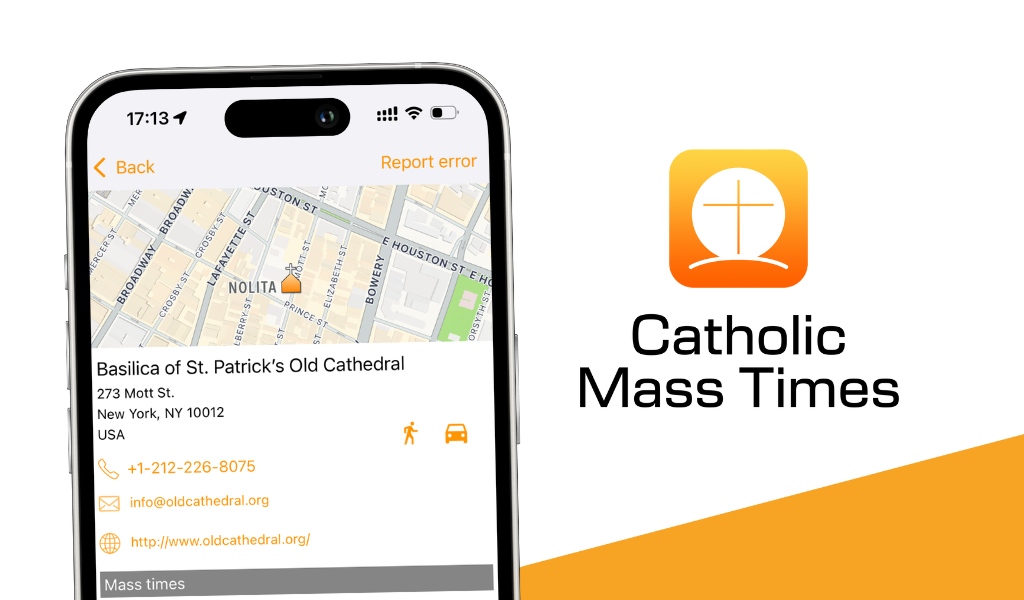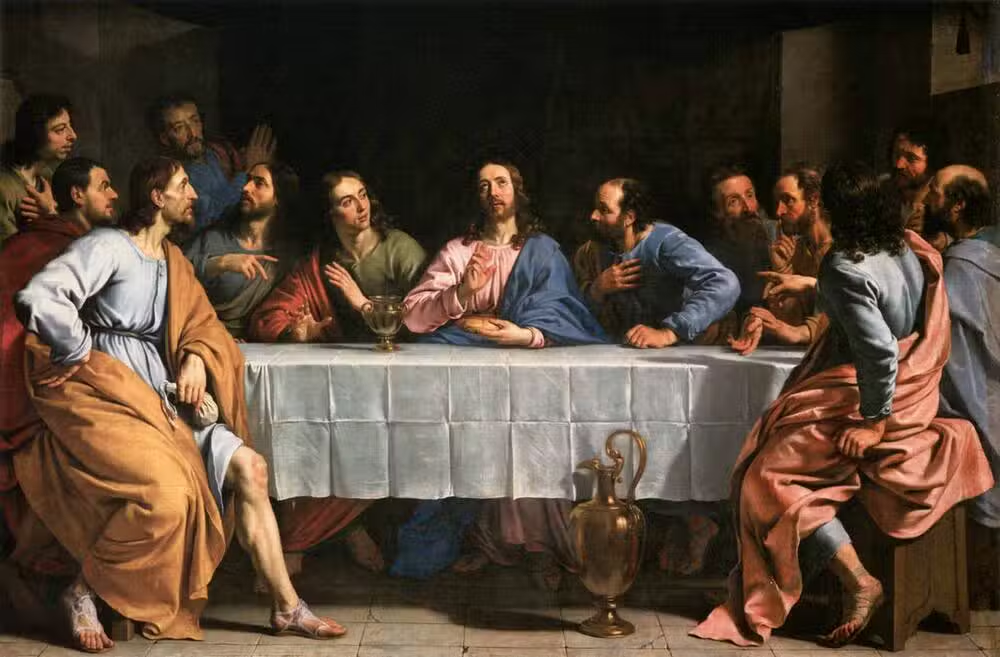Baptism marks the beginning of Christian life and symbolizes a profound spiritual renewal. Explore the five fundamental tips to understanding its meaning.
The sacrament of baptism is the foundation of the Christian life, marking the beginning of a believer’s spiritual journey. This sacrament, which dates back to the time of Jesus, is much more than a simple rite of initiation. It is a profound spiritual transformation that purifies the individual, integrates him into the ecclesiastical community and seals him as a child of God. Through baptism, Christians are reborn in the Spirit, receive forgiveness of sins and become active members of the Church. This process not only has personal implications, but also reflects a theological and communal truth that has been held and transmitted by the Catholic Church for centuries.
To fully understand baptism, it is crucial to consider its symbolism and its multiple theological and practical dimensions. In the Catechism of the Catholic Church (CCC), the effects, meaning, and requirements of this sacrament are described in detail. However, for many of the faithful, the understanding of baptism is also enriched through biblical teachings, the reflections of the Church Fathers and the pastoral exhortations of contemporary leaders such as Pope Francis.
You can use the Catholic Mass Times app to find the nearest Catholic church with Mass, Confession, and Adoration schedules. It will surely help you! Download it now.
1. Baptism as New Birth
Baptism is more than just a symbolic act; it is a spiritual rebirth that profoundly transforms the individual. This sacrament, according to the Catechism of the Catholic Church (CCC), is “the foundation of the whole Christian life, the portico of life in the Spirit (‘vitae spiritualis ianua’)” (CCC 1213). In the Gospel of John, Jesus Himself emphasizes the need for this spiritual rebirth: “Truly, truly, I say to you, unless one is born again he cannot see the kingdom of God” (John 3:3).
Historically, baptism has been recognized as an act of initiation into the Christian life since the earliest days of the Church. In the catacombs of Rome, there are frescoes depicting baptism as a symbol of entrance into life in Christ and the community of the faithful. This sacrament not only marks a profound inner change, but also establishes a spiritual connection with the Church and with God as Father and Spirit.
St. Augustine, one of the fathers of the Church, described baptism as an act of spiritual regeneration that transforms the believer into a new creature in Christ. For Him, baptism not only cleanses from original sin, but also infuses a transformative grace that enables the believer to live in communion with God and the Christian community.
This sacrament has not only personal but also community implications. When we are baptized, we join not only an individual faith, but a community of believers who share the same faith and the same sacraments. Baptism, therefore, not only transforms us interiorly, but also unites us to a global community of the faithful who walk together in the Christian life.
2. Baptism as Washing away of Sins
Baptism not only gives us a new life in Christ, but also cleanses us from original sin and all personal sins. The Catechism teaches that “by baptism all sins are forgiven, original sin and all personal sins, as well as all the penalties of sin” (CCC 1263).
Pope Francis exhorts us to remember that baptism purifies us and gives us new life in Christ: “Baptism opens the door to this communion with God and with our brothers and sisters” (Homily, January 7, 2018).
St. John Chrysostom, known for his eloquence and clarity, also stresses the importance of baptism in the purification of the soul: “Those who are baptized are purified, justified and sanctified in the name of the Lord Jesus and in the Spirit of our God” (St. John Chrysostom, Homilies).

3. Baptism as Incorporation into the Church
Baptism makes us members of the Church, the Body of Christ. Through this sacrament, we join the community of believers and participate in the mission of the Church. The CCC affirms that “the baptized are incorporated into the Church” (CCC 1267). This incorporation is not just joining an organization, but becoming part of a spiritual family. In the bible it says “For in one Spirit we were all baptized into one body, whether Jews or Greeks, whether bond or free; and we were all given to drink of one Spirit” (1 Corinthians 12:13).
Furthermore, Pope Francis has spoken extensively about the importance of community in Christian life: “Baptism unites us, makes us the people of God” (Homily, April 19, 2013)..
4. Baptism as an indelible seal
Baptism imprints an indelible spiritual character on the soul of the baptized person. This seal is a permanent mark of belonging to Christ. The CCC teaches that “baptism imprints on the soul an indelible spiritual sign (character) of its belonging to Christ” (CCC 1272). This character is inalienable and cannot be erased by any sin.
St. Ambrose also emphasizes the importance of baptismal character: “He who has received the character of baptism belongs forever to Christ” (St. Ambrose, De Mysteriis).
5. Baptism as the Gateway to other Sacraments
Baptism is the gateway to the other sacraments, essential for the sacramental life of the Christian. Without it, one cannot receive the other sacraments of the Church, such as the Eucharist, Confirmation or Marriage. This sacrament not only marks the beginning of the journey of faith, but also establishes a vital connection with the ecclesiastical community and its sacramental tradition.
The Catechism of the Catholic Church (CCC) emphasizes the importance of baptism by declaring that “Baptism is the sacrament of faith. But faith needs the community of believers. It is only within the faith of the Church that each of the faithful can believe” (CCC 1253). This means that the act of being baptized is not simply a personal affirmation of faith, but also an integration into the community of believers that sustains and nourishes that faith.
From the earliest times of the Church, baptism has been recognized as the sacrament that opens the door to a life in communion with Christ and the Church. Through baptism, the faithful are incorporated into the Christian community, receive the grace of the Holy Spirit, and are prepared to fully participate in the sacramental life. This first sacrament establishes a solid foundation for spiritual growth and participation in the other sacraments that enrich and strengthen the faith of the believer.
Moreover, baptism imprints an indelible character on the soul, a spiritual mark that can never be erased. This mark identifies the baptized person as a member of the Church and enables him/her to receive the other sacraments with full effectiveness. Baptism, therefore, is not only the starting point, but also the key that opens the doors to all the other sacramental graces that the Church offers its members.
Chapels related to Baptism
Baptism, as a central sacrament in the Christian life, has left a significant mark in various sacred places around the world. From the Jordan River to majestic European cathedrals, these sites are not only historical witnesses to biblical events, but also places where the faithful continue to celebrate and renew their faith through baptism.
1. The Jordan River – Place of Jesus’ Baptism

Of the Baptism of Jesus Christ in Bethany – Own work, https://www.baptismsite.com/
The Jordan River is an iconic place in biblical and Christian history, known as the site of Jesus’ baptism by John the Baptist. This event, recorded in the Gospels, marks a crucial moment in Jesus’ life and the beginning of His public ministry. Located in the Jordan Valley in Jordan, this river has been a pilgrimage destination since the first centuries of Christianity.
The spiritual significance of the Jordan River lies in its direct association with Jesus Christ and the symbolic act of baptism in the waters. In this place, Christians are reminded of their own initiation into the faith through the sacrament of baptism. Today, the site attracts pilgrims from all over the world, who seek to spiritually relive the moment when Jesus himself was baptized in these waters.
- For more information about this church, visit the Jordan River website
- Location: Jordan Valley
2. Baptistery of St. John – Florence, Italy

De Huy Phan- Own work, https://tinyurl.com/mr2vz827
The Baptistery of St. John (Battistero di San Giovanni) in Florence, Tuscany, is a remarkable religious building, famous for its three sets of bronze doors, especially Lorenzo Ghiberti’s Gates of Paradise, and for its impressive interior mosaics. This baptistery, located in the “Piazza del Duomo”, west of the Cathedral of Santa Maria del Fiore, is one of the most venerated minor basilicas.
For centuries, until 1935, the Baptistery of St. John was the place where all Florentines were baptized, since the other churches in the city did not have a baptismal font. This sacred place has witnessed the entry of countless generations of Florentines into the Christian community, symbolizing their commitment to the faith and their integration into the Church.
- For more information about this church, visit the Cathedral of Saint John the Baptist website.
- Location: Piazza San Giovanni, 50122 Firenze FI, Italy
3. Notre-Dame Cathedral – Paris, France

De Huy Phan- Own work, https://tinyurl.com/mr2vz827
Despite the devastating fire of 2019, Notre-Dame Cathedral in Paris remains a symbol of Christian faith and an important center of worship. Before the fire, the cathedral housed a baptismal chapel of great historical and spiritual importance, where many Parisians began their journey of faith.
The ongoing restoration of Notre-Dame includes the preservation and renovation of this sacred space, ensuring that it will continue to be a place of spiritual encounter and celebration of Mass and the sacrament of Baptism for future generations.
- For more information on this church, visit the Notre Dame website.
- Location: 6 Parvis Notre-Dame – Pl. Jean-Paul II, 75004 Paris, France
4. St. Peter’s Basilica – Vatican City

From Alina Chernii – Own work, https://tinyurl.com/4s87ef5t
St. Peter’s Basilica, in the heart of Vatican City, is the largest church in the world and one of the most important spiritual centers of Christianity. Inside this impressive basilica, there is a beautiful baptistery where solemn baptisms are performed, especially during the Easter Vigil and other important liturgical celebrations.
The baptistery of St. Peter symbolizes the entry of the faithful into the family of the Catholic Church and their commitment to Christ. It is a place where history, faith, and community intertwine in a meaningful way, strengthening the spiritual connection of the faithful with the apostolic tradition and with devotion to the Virgin Mary. During weekdays, Saturdays, Sundays, and holidays, you can find different Mass schedules suitable for your travel itinerary.
- For more information on this church, visit the St. Peter’s Basilica website.
-
Location: St. Peter’s Square, 00120 Vatican City, Vatican City.
5. Church of the Holy Spirit – Rome, Italy

De reflexa.photos – Own work, https://www.divinamisericordia.it/
The Church of the Holy Spirit in Rome is known for its magnificent baptistery and its importance as a center for baptisms in the city. Its impressive architecture and spiritually enriching atmosphere make this place a popular destination for the faithful seeking to receive the sacrament of baptism.
The baptistery of this church is not only a place of initiation for new believers, but also a tangible reminder of Christ’s promise to be with his Church every day until the end of the world. It is a place where divine grace unites with human history, strengthening the faith of those who participate in this sacred sacrament.
- For more information about this church, visit the church of the Holy Spirit website.
- Location: Via dei Penitenzieri, 12, 00193 Roma RM, Italy
Baptism is a central sacrament in Christian life that regenerates us, cleanses us from sin, incorporates us into the Church, marks us with an indelible seal, and opens the door to other sacraments. Whether you find yourself looking for a Catholic church near me or today’s Sunday Mass schedule, baptism will always be the first step in your faith journey.
This spiritual journey reminds us of the importance of community and belonging to the Church. By participating in baptism, we not only begin our own journey of faith, but we also join a global community of believers who have undergone the same rite.
You can use the Catholic Mass Times app to find the nearest Catholic church with Mass, Confession, and Adoration schedules. It will surely help you! Download it now.
What is Baptism?
Baptism is the sacrament that marks the beginning of Christian life. It is not just a symbolic rite, but a spiritual transformation that purifies the soul, forgives original sin, and unites the believer with the Church as a child of God. It is a true rebirth in the Spirit.
What is Needed for Baptism?
To receive baptism, faith, spiritual disposition, and the free decision to live as a Christian are required. In the case of children, parents and godparents must commit to educate them in the Catholic faith and accompany them in their spiritual growth within the community.
What are the Signs of Baptism?
The signs of baptism include water, which symbolizes the cleansing of sin; chrism, which consecrates the new believer; the white garment, as a sign of purity; and the lit candle, which represents the light of Christ. Each element expresses a profound truth about life in Christ.
What Happens if I Don't get Baptized?
Without baptism, one does not receive forgiveness of original sin nor full incorporation into the Church. This sacrament is necessary to participate in sacramental life and live in communion with God. Jesus Himself said: ‘Unless one is born again, he cannot see the Kingdom’
Ideal Age for Baptism
In the Catholic Church, infant baptism has been a common practice since the early centuries. However, adults can also be baptized after catechetical preparation. The essential thing is that, at any stage, baptism is experienced as a true spiritual birth.
Who Can be Godparents for Baptism
Godparents must be practicing Catholics, have received the sacraments of initiation (baptism, confirmation, and Eucharist), and live their faith coherently. Their mission is not symbolic, but real: to accompany the baptized person on their spiritual journey and help them grow in the Christian life.





